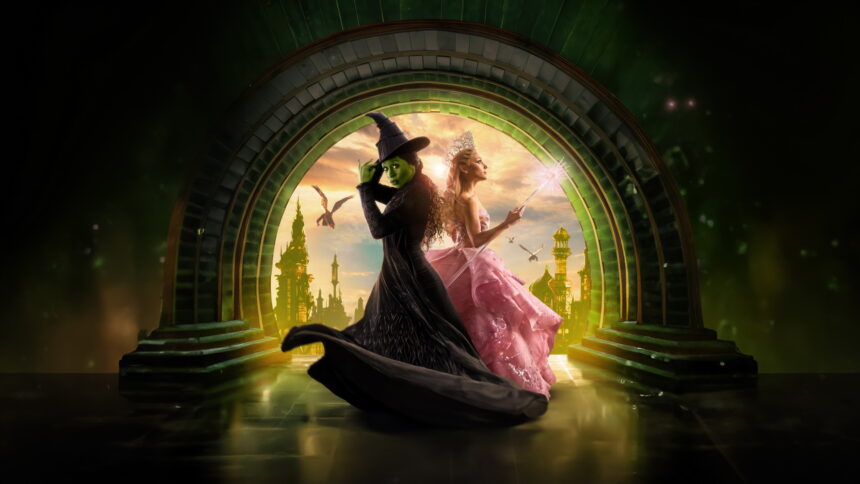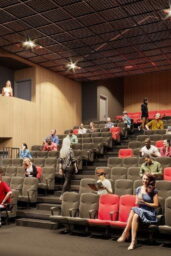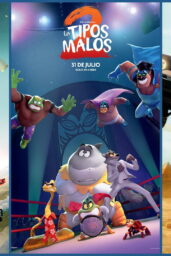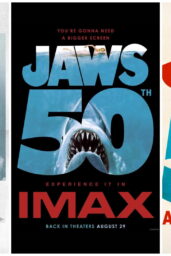“Wicked,” Universal's ambitious adaptation of the beloved Broadway musical, has swept its way into the history books—not just for its box-office success but for shattering records in the Premium Video-On-Demand (PVOD) market. The decision to release the film digitally just one month into its theatrical run stirred debates across Hollywood. While $70M in digital sales during its first week is undoubtedly a win, the move raises significant questions about the future of cinema.
When Universal decided to make “Wicked” available for home viewing while it was still thriving in theaters, it was a gamble. The film, which had already grossed $400M at the box office, was on track to potentially reach the $500M domestic milestone. However, Universal pivoted, seeing the growing potential of PVOD in a post-pandemic world.
The numbers are staggering. In its first seven days on PVOD, “Wicked” generated $70M, with a jaw-dropping $26M in sales on New Year's Eve alone. These figures make it the highest-grossing PVOD release in history, outpacing even major blockbusters like “Deadpool & Wolverine.” Samba, a third-party researcher, reported that nearly a million U.S. households streamed the film in its first six days—a 53% increase over recent PVOD hits.
However, this strategy is not without its detractors. Industry insiders argue that the accelerated shift from theater to home viewing risks undermining the theatrical model. One studio executive recently noted,
“If theatrical becomes just an advertisement for streaming or PVOD, audiences will catch on. It dilutes the urgency and magic of the theater experience.”
The pandemic undoubtedly changed viewing habits, with many moviegoers realizing the convenience of watching new releases at home. But does this convenience come at the expense of the communal, immersive experience that cinemas offer? Struggling theater chains, already reeling from reduced foot traffic, have expressed frustration over such decisions, which effectively shorten the lifespan of big-screen exclusivity.
Analysis and Context:
“Wicked” is no ordinary film. Based on a Broadway juggernaut with a fiercely loyal fanbase, its cinematic adaptation carried monumental expectations. The stellar cast, including Cynthia Erivo and Ariana Grande, coupled with its lush visual design, makes it a spectacle tailor-made for the big screen. Watching it at home, no matter how advanced your setup, arguably strips away the grandeur.
Yet, Universal's strategy is indicative of a larger trend in Hollywood: the redefinition of success. While the box office used to reign supreme, studios now measure profitability across multiple platforms. For “Wicked,” a dual triumph in theaters and PVOD suggests a hybrid model that could shape the future of film distribution.
“Wicked” has proven itself a record-breaker, but its success is a double-edged sword. While Universal celebrates its digital windfall, the decision to pivot so quickly from theaters to PVOD raises existential questions for cinema. As studios navigate this evolving landscape, they must grapple with preserving the sanctity of the theatrical experience while embracing the undeniable lure of digital convenience.
Personal Impressions:
“Wicked” dazzles, no matter the screen size. Its sweeping melodies and emotional beats hit hard, making it a must-watch for fans of the musical and newcomers alike. But as I watched it unfold, I couldn't help but feel a pang of loss for what we might be trading in the name of convenience. There's a magic in sitting among strangers, sharing collective gasps and applause, that streaming can never replicate. Universal's gamble may have paid off financially, but it leaves cinephiles like me wondering: Are we stepping closer to a future where cinema's heart—its communal spirit—is lost?
What do you think? Does PVOD enhance accessibility, or is it chipping away at the magic of the theatrical experience? Share your thoughts in the comments below!












